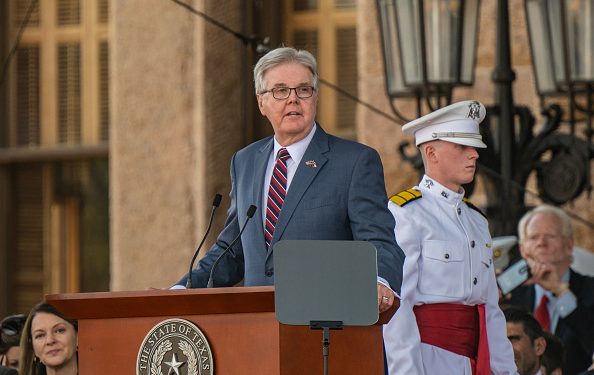AUSTIN, Texas — The Texas Senate has approved Senate Bill 14, a proposal aimed at enhancing government efficiency by streamlining state regulations and reducing bureaucratic hurdles. The bill, authored by Republican Sen. Phil King of Weatherford, seeks to mirror DOGE and establish the Texas Regulatory Office to modernize regulatory processes and cut unnecessary rules.
Key Provisions of the ‘DOGE’ Bill
The proposed Texas Regulatory Office would focus on reviewing and eliminating redundant regulations to reduce costs for businesses and taxpayers. Major components include:
- Forming an advisory panel consisting of business owners, researchers, state agencies, and public representatives to collaborate with the governor on regulatory improvements.
- Creating a publicly accessible online portal where residents can easily look up state regulations.
The initiative draws parallels to other efficiency-focused efforts, including Elon Musk’s Department of Government Efficiency, which emphasizes simplifying government operations.
Support from State Officials
Lt. Gov. Dan Patrick expressed strong support for the bill, framing it as a way to sustain Texas’ economic growth by removing unnecessary regulatory barriers.
“I prioritized SB 14 because President Trump’s creation of the ‘Department of Government Efficiency’ inspired me to find ways Texas can save taxpayers and businesses money by cutting burdensome regulations,” Patrick said. “The Texas Miracle will continue long into the 21st century because our common-sense, conservative approach to regulation will keep Texans prosperous and our economy strong.”
Patrick emphasized that reducing red tape could lower costs for taxpayers while encouraging economic expansion.
Next Steps for the Legislation
With Senate approval complete, SB 14 now moves to the Texas House, where it must go through committee review before reaching the House floor for debate.
The House Committee on Delivery of Government Efficiency, formed earlier this year, is already working on ways to improve state government operations. The committee is tasked with:
- Investigating instances of fraud, waste, and abuse in state programs.
- Recommending policies to enhance efficiency and modernize government operations.
- Monitoring key state agencies, including the Department of Information Resources, the Sunset Advisory Commission, and the Texas Space Commission.
During its first meeting on March 5, the committee discussed the state’s IT department, the recently formed Space Commission, and the Sunset Advisory Commission.
What’s Next
If passed by the House, the Texas Regulatory Office could become a model for improving how state government operates. Proponents argue it will boost transparency and efficiency, while some may question whether scaling back regulations could lead to oversight gaps.
The advancement of SB 14 reflects a broader push to align Texas governance with conservative ideals of limited regulation and economic growth.






